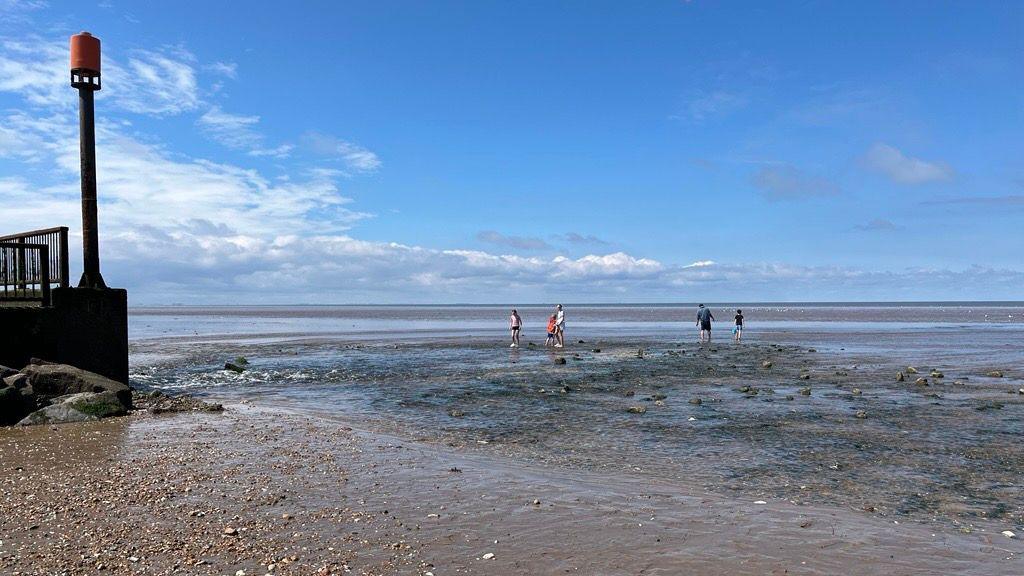Cockle fishermen 'terrified' by licence loss
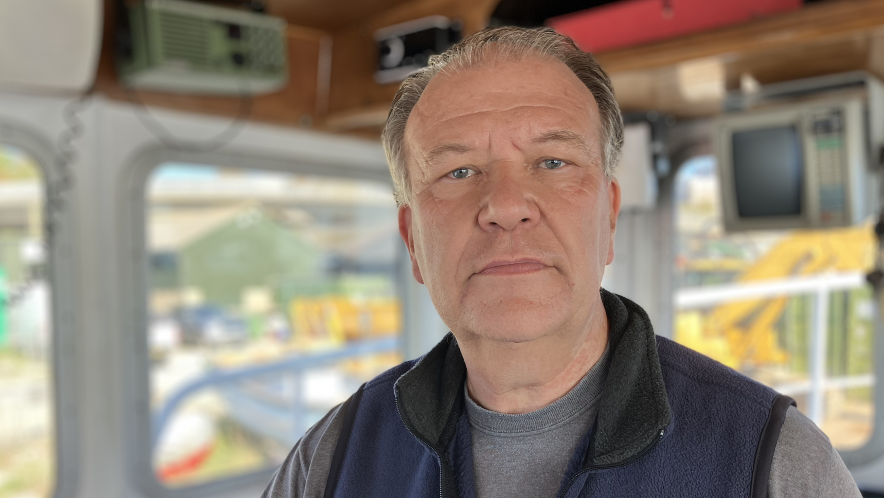
Steven Dell, a cockle fisherman with decades of experience, said he had never been told why his licence application was not successful
- Published
A cockle fisherman whose business is closing after failing to secure a licence said the decision had left the rest of the local industry "all terrified".
WG & SJ Dell Limited, in Leigh-on-Sea, Essex, has been trading for 55 years but did not secure a licence under a new application process.
Steven Dell said the reasons for his firm's rejection under the new points-based system remained unclear.
Kent and Essex Inshore Fisheries Conservation Authority (KEIFCA) said Mr Dell should have applied for a transitional licence instead, which 12 out of 14 cockle firms had done.
Transitional or "fast track" licences last for seven years before an application for an open licence - the type Mr Dell chose to apply for - would have to be submitted.
He believes other companies are concerned they may fail to be granted licences in the future if the reasons are not clarified.
"The rest of the industry down here now are all terrified, because in seven years' time they'll have to go through the licence application just as we did, and they don't know what to put on the forms," Mr Dell said.
"Because if this can happen to us, and I think I submitted a good application, then it can happen to anybody."
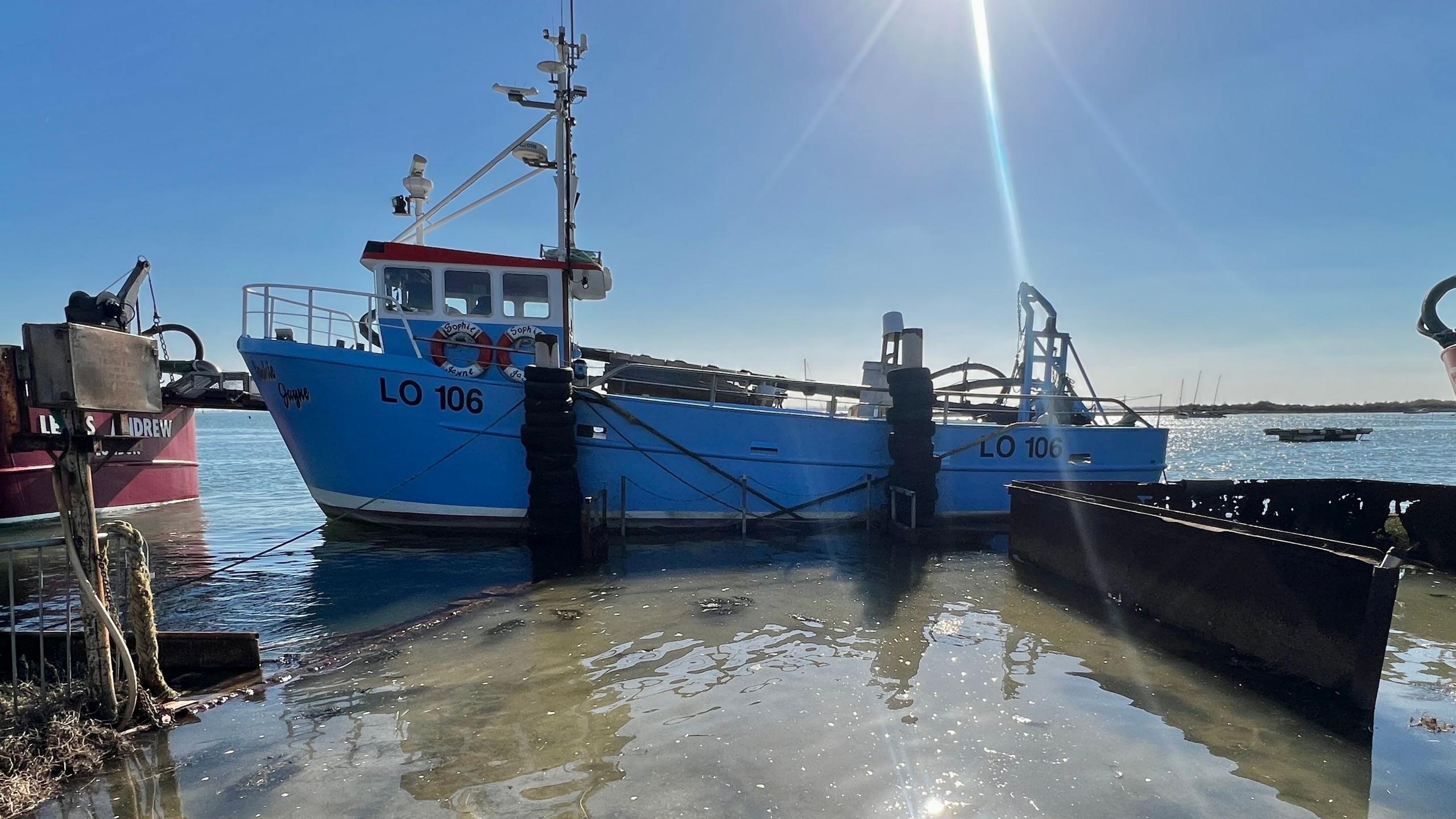
Mr Dell's boat, the Sophie Jayne, has not been out cockle fishing since last December
The Thames Estuary Cockle Fishery Order was brought in last December to replace an order made in 1994.
KEIFCA said the transitional licences provided previous licence holders with "a straightforward route of gaining a licence providing they met some basic conditions".
"Mr Dell did not use this provision and applied for a licence where his application was scored and ranked against other business," KEIFCA said.
Open licences are more commercially valuable, and the selection process is more rigorous.
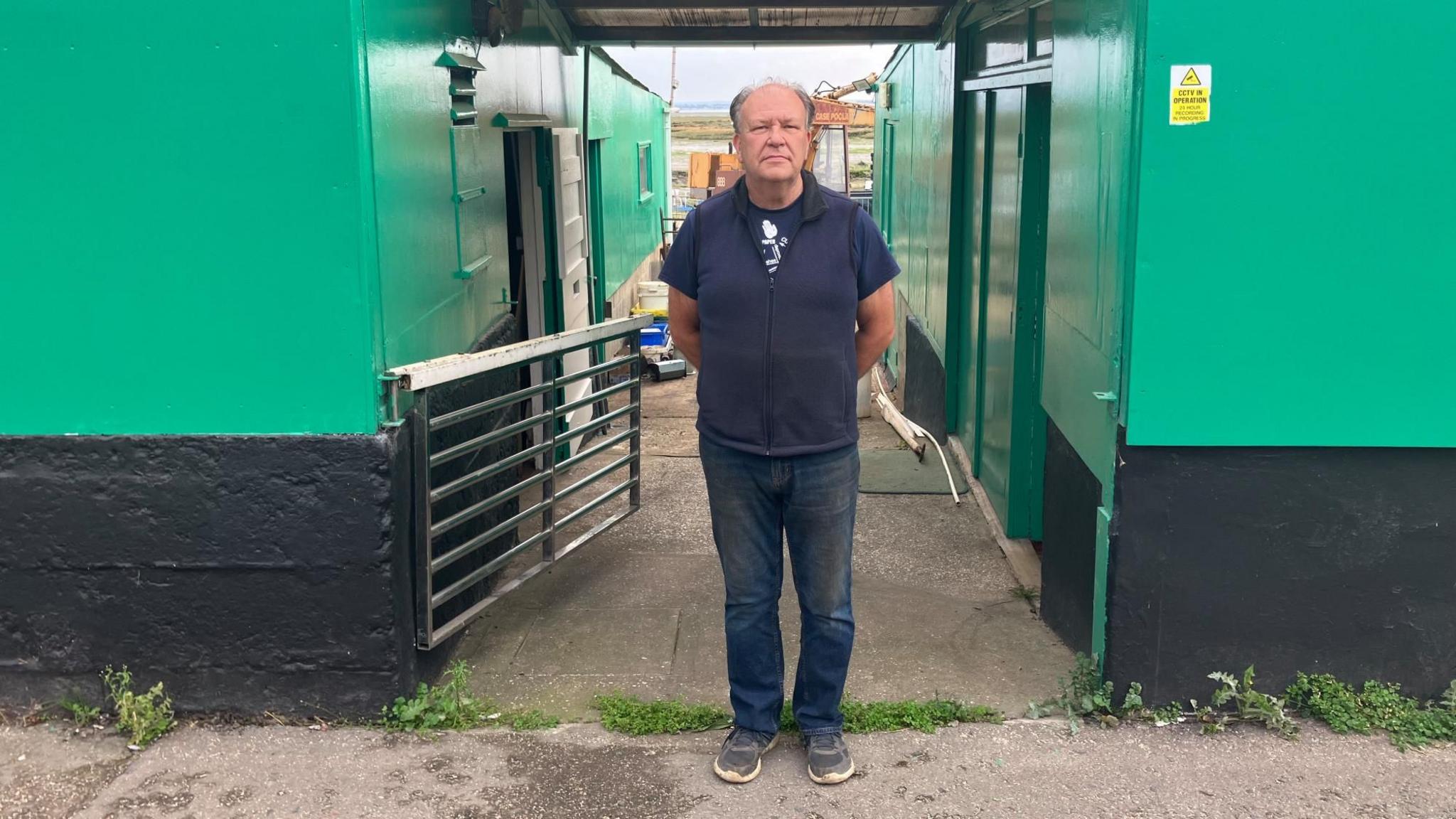
Mr Dell's Leigh-on-Sea business has been run by his family since 1970
Under the new open licence system, companies have to fill out an application form where they are ranked on the strength of their business plans, fishing experience, support of skilled employment and other areas.
The companies are then ranked in order of how many points they had accumulated for each area, and Mr Dell's firm came in 18th out of 20 firms.
Only the first 15 have been given licences, meaning his family company cannot continue running.
"It's looking pretty bleak at the moment, to be perfectly honest with you," Mr Dell told the BBC.
"We're hoping that we can get something sorted out, but I don't see that we're going to be able to go to work this season.
"Whether we can survive until the next cockling season is honestly doubtful."
Get in touch
Do you have a story suggestion for Essex?
Follow Essex news on BBC Sounds, Facebook, external, Instagram, external and X, external.
Related topics
- Published4 September 2019
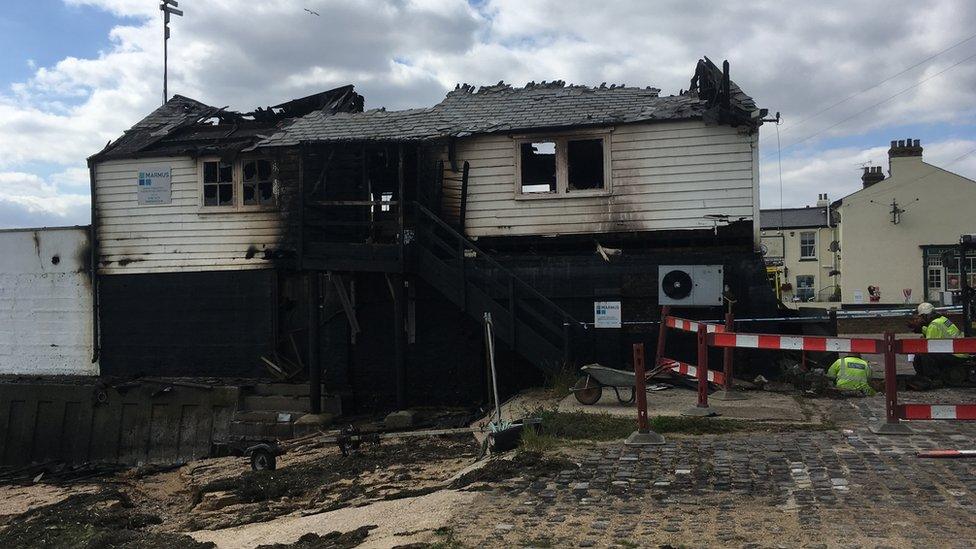
- Published3 October
